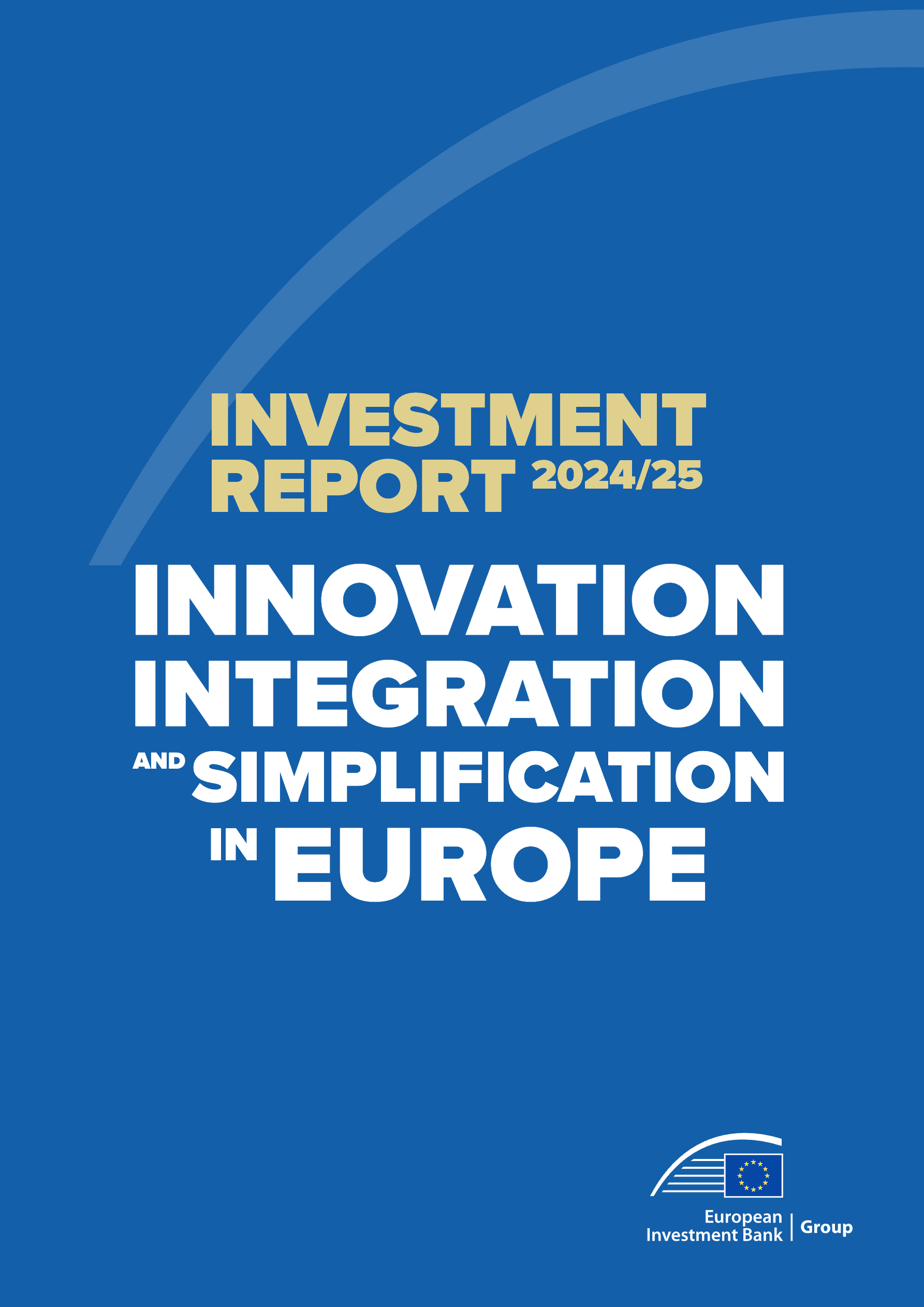AI-Generated Summary
Context and Overview
The "EIB Investment Report 2024/2025" is published by the European Investment Bank (EIB), which aims to support EU policies and facilitate sustainable investment across Europe. The report focuses on the need for substantial investments in various sectors, emphasizing the importance of sustainable housing as part of the green transition.
Investment Trends in Housing
The report highlights that Europe requires significant investment to meet its climate and social objectives. It estimates that an additional annual investment of €506 billion is necessary to achieve the EU's climate goals. This includes investments in energy efficiency and renewable energy, which are critical for sustainable housing.
Government Investment Growth
Government investment in the EU has risen dramatically, reaching 3.5% of GDP, a notable increase from previous years. This growth is partly attributed to the Recovery and Resilience Facility (RRF) and EU structural funds, which have provided essential financing for infrastructure improvements, including housing.
Key Data on Housing Needs
Estimates suggest that approximately 2.25 million additional housing units will be needed across the EU by 2025, a gap of 925,000 units compared to current building permit data. This shortage poses challenges for labor mobility and skill allocation, especially in urban areas.
Climate and Social Investment
The report emphasizes the dual role of climate and social investments in enhancing overall well-being. Investing in affordable and social housing is crucial for increasing labor market participation and improving productivity. The EU aims to improve living conditions while simultaneously addressing climate change through sustainable housing initiatives.
Integration and Policy Coordination
To effectively channel investments into housing and other critical areas, the report underscores the need for better integration of financial markets and harmonized regulations across member states. A coordinated approach is essential to maximize the impact of public and private investments in sustainable housing.
Future Prospects
The potential for growth in sustainable housing investments is significant, particularly as EU countries work towards carbon neutrality by 2050. The report advocates for a strong policy framework that encourages investment in green technologies and infrastructure, which will ultimately benefit the housing sector and contribute to Europe’s long-term economic resilience.
